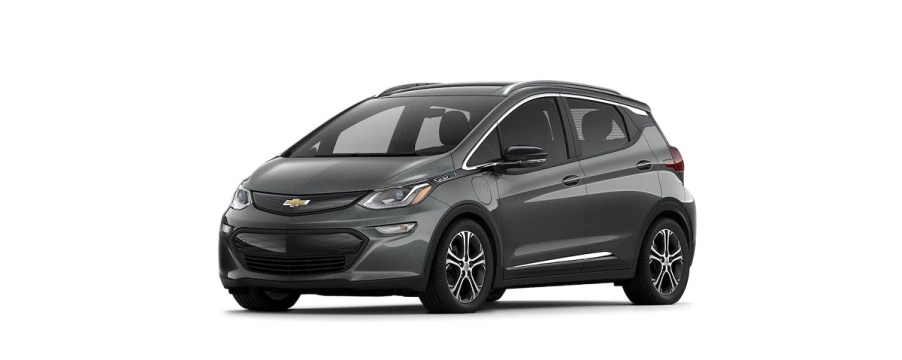
Watch Out: Your Chevy Bolt Might Set Your House on Fire
Not to scare you or anything, but your Chevy Bolt might catch on fire – oh, and set your house on fire. I know, I know; how do you not worry about something like that? Maybe you should. After all, there have been a handful of fires due to a defect in the Chevy Bolt batteries, and a recent recall hasn’t fixed it yet.

What is the Chevy Bolt spontaneous combustion warning about?
The National Highway Traffic Safety Administration has recalled all 2017 to 2019 Chevy Bolts. Although this comes after a recent Vermont Bolt fire, it isn’t the first incident.
The most recent Chevy Bolt fire happened to a Vermont state representative, Timothy Briglin. Jalopnik Notes that Briglin is the chair of the State House Committee on Energy and Technology, and has cosponsored electric vehicle legislation. Basically, he’s a big supporter of electric vehicles (though no one would blame him if he turned to the Ford Mach-e or Tesla Model Y while Chevrolet sorts these things out).
The fire that affected Briglin’s 2019 Chevy Bolt seems to be an “undetermined electrical system failure,” according to the Vermont state police. That’s been a thing with the Chevy Bolt, and it isn’t the kind of thing you want happening to something you and your family spend a whole lot of time in.
Why is the NHTSA recalling Chevy Bolts?
The NHTSA is recalling certain Chevy Bolts between the years 2017 to 2019. In addition to the recall, GM has told Bolt owners to park their vehicles outside and away from buildings out of “an abundance of caution.” They have also advised Bolt owners to not charge their electric vehicles overnight. This is a pretty scary warning, especially for those who typically park their cars in a garage, and would prefer to not have their house blow up at night. Or, really, at all.
This isn’t the first Chevy Bolt recall
In November 2020, there was another Chevy Bolt recall. This was due to a fire hazard in the high voltage battery pack “underneath the backseat’s bottom cushion. The affected vehicles’ cell packs have the potential to smoke and ignite internally, which could spread to the rest of the vehicle and cause a structure fire if parked inside a garage or near a house.”
Perhaps the most concerning aspect of all of this is that two recent Chevy Bolt buyers occurred in vehicles that had already been recalled and repaired. The NHTSA and GM are telling Bolt owners that even if their car has already been repaired, to still not park inside or charge overnight. This makes sense, considering they aren’t really sure what the problem is (or how to fix it).
If you own a Chevy Bolt, this news is undoubtedly unwelcome. It may even be problematic if you typically charge your car while you sleep. Until Chevrolet and the NHTSA figure out what is going on though, it is definitely best to follow their advice. Otherwise, your Chevy Bolt might spontaneously combust and set your house on fire. No big deal.


